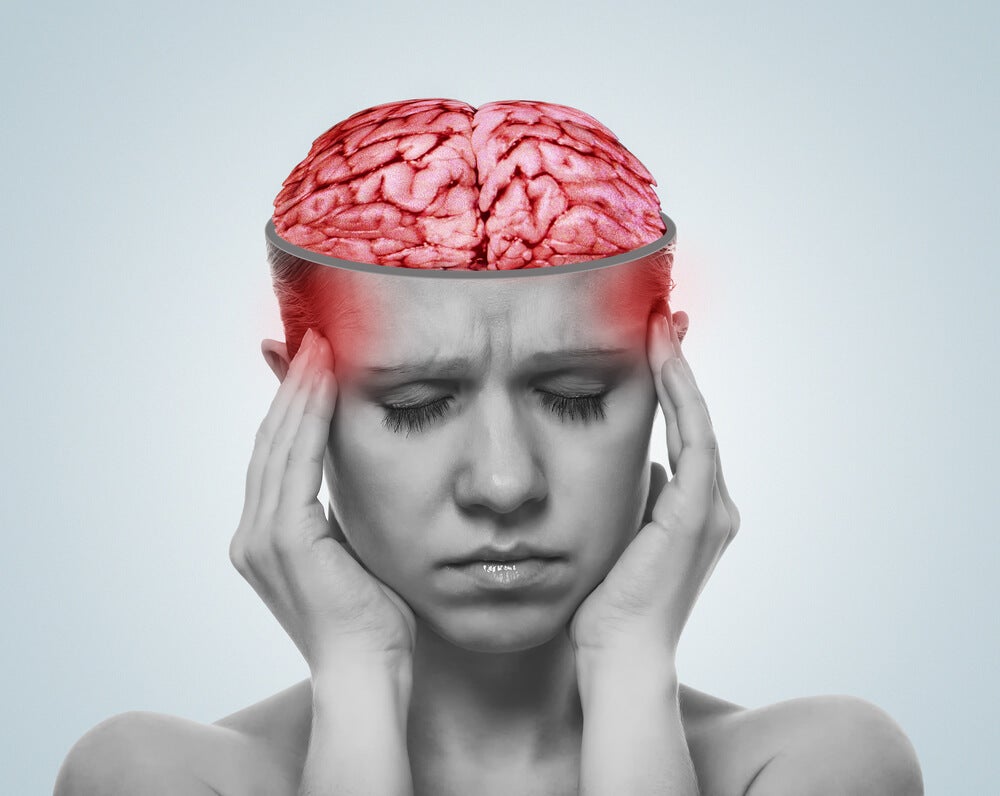The fiery brain refers to a theory that links the inflammatory process to depression. As several studies reveal, a large number of people diagnosed with major depressive disorder have higher levels of pro-inflammatory cytokines, which would affect brain function and mood.
The authors of this study, Charles L. , Reason Lucile Capuron and Andrew H. Miller, they published this work in Cell magazine in 2006, however, it should be noted that this hypothesis has been in place for several decades. directly related to the so-called depression malaise theory.
- Dr.
- Bruce Charlton of Buckingham University has also long tried to demonstrate this idea through studies and analysis.
- Such as the one published in 2000.
- In which he tried to define the same concept.
- These are clinical conditions in which patients diagnosed with a major depressive disorder would (in some cases) have a clearly biological trigger.
Some people point out that this condition may be related to our lifestyle, diet and even environmental pollution, however, other voices in science relate it to how our bodies respond to stressors or environmental concerns.
In fact, there would be a physiological response to deal with this alleged threat. Hence the inflammatory reaction, hence the immune system, which sometimes acts as our worst enemy weakening us.
According to the theory of the fiery brain, in the presence of a stressor, our body releases cortisol Does this hormone, in turn, promote the appearance of cytokines in the blood, vasoactive amines, nitric oxide, glucocorticoids?
These hypotheses that link depression to inflammation are formulated with very strong names, we have, on the one hand, the theory of depression discomfort and, on the other hand, the theory of the fiery brain; however, the two ideas share the same points in common. , which, as we well know, have a wide scientific literature.
The reason why this link between major depressive disorders and immune response has been intuitive is due to the large number of people who did not respond to psychological treatment and pharmacological approach What could fail?Since 2000, the word “inflammation” has become a recurring variable in some neurologists and psychiatrists.
Let’s see what premises the fiery brain theory has
When our body detects the presence of a virus, it triggers an immune response to combat that internal enemy, what it does, therefore, is to trigger an inflammatory process.
The hypothesis that fuses with the theory of the fiery brain is that, in the face of pressure, stressors, fears and anxiety, our body also implements a similar strategy.
First, there’s one aspect to be clarified. Not all depressions are the same and not all major depressive disorders are caused by inflammation. Only in cases where psychological therapy does not change and the medication does not improve deserves to be considered the possibility of fiery brain theory.
Scientists and the pharmaceutical industry face the challenge of designing new drugs for these types of conditions. At the same time, very positive progress has been shown thanks to the following strategies:
In conclusion, it should be noted that many experts warn that the trigger for these conditions is always chronic stress; if we could manage and deal with this depleted psychological state with better resources we would avoid these inflammatory processes and deregulation of the immune system.
So feel free to ask an expert for help.

